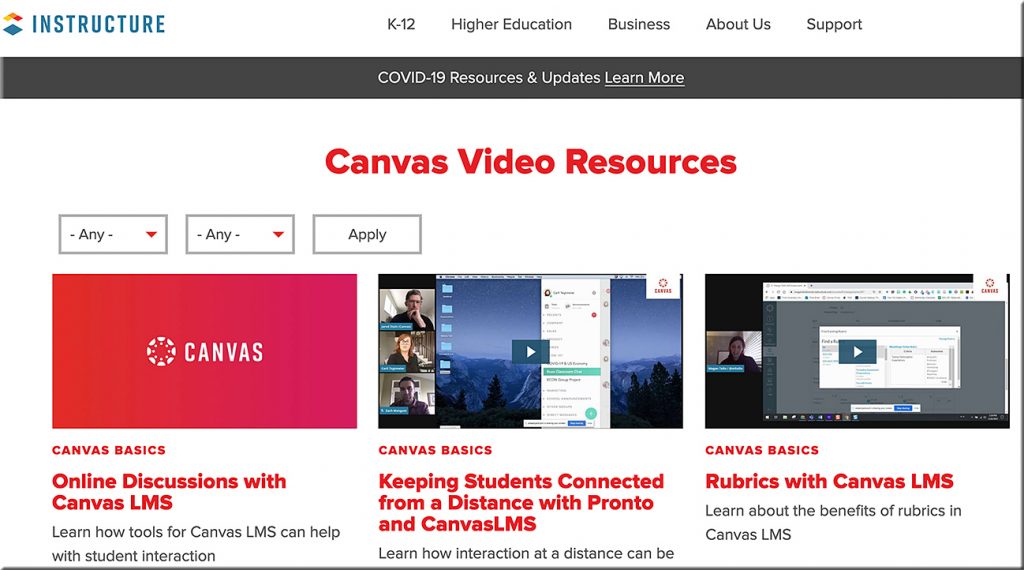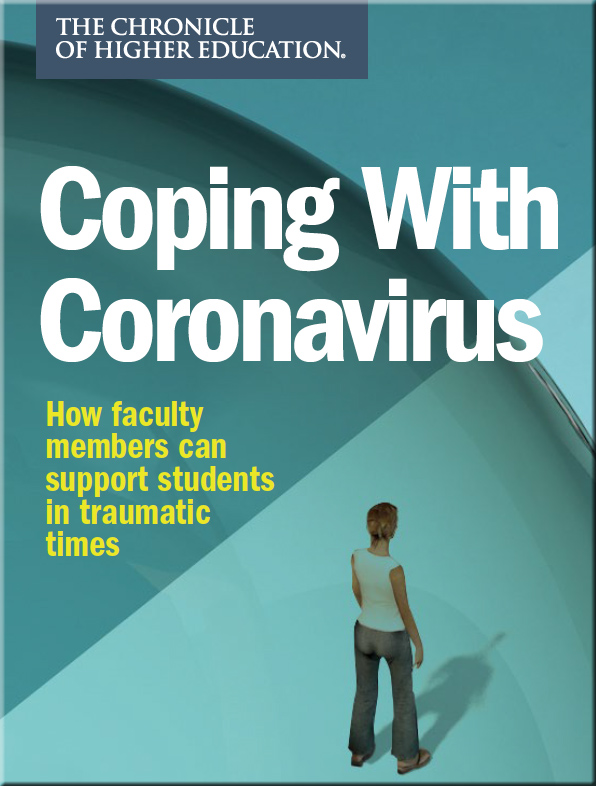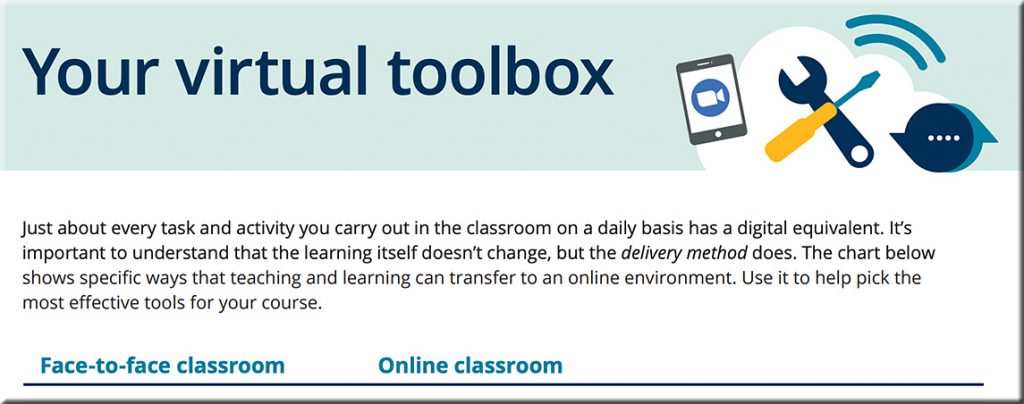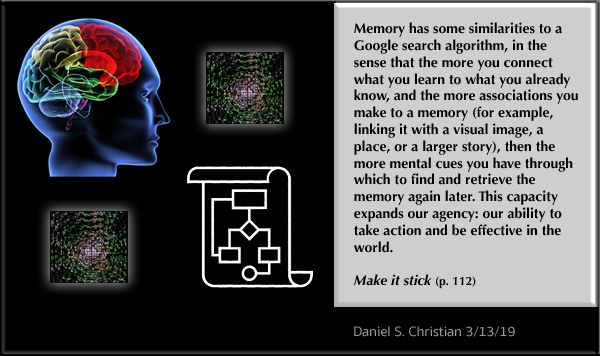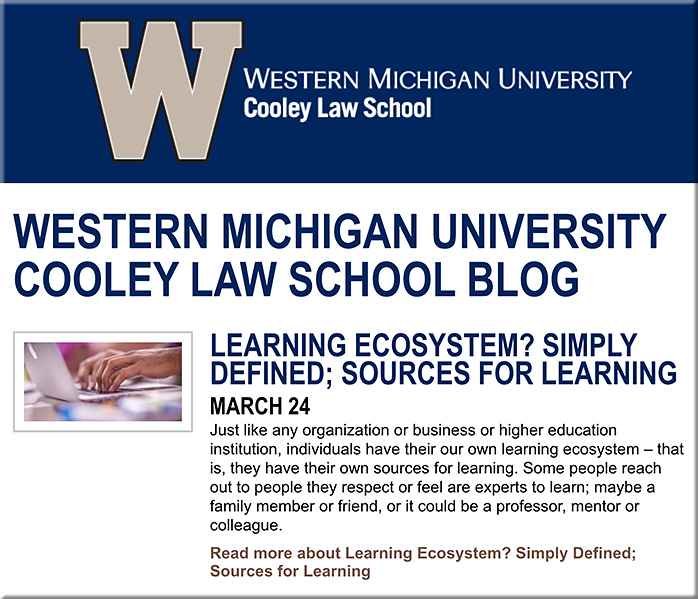From DSC:
Given the attached graphic…what do you suppose, how might this type of thing impact #telelegal (i.e., akin to what’s currently building with #telemedicine for the healthcare industry)?
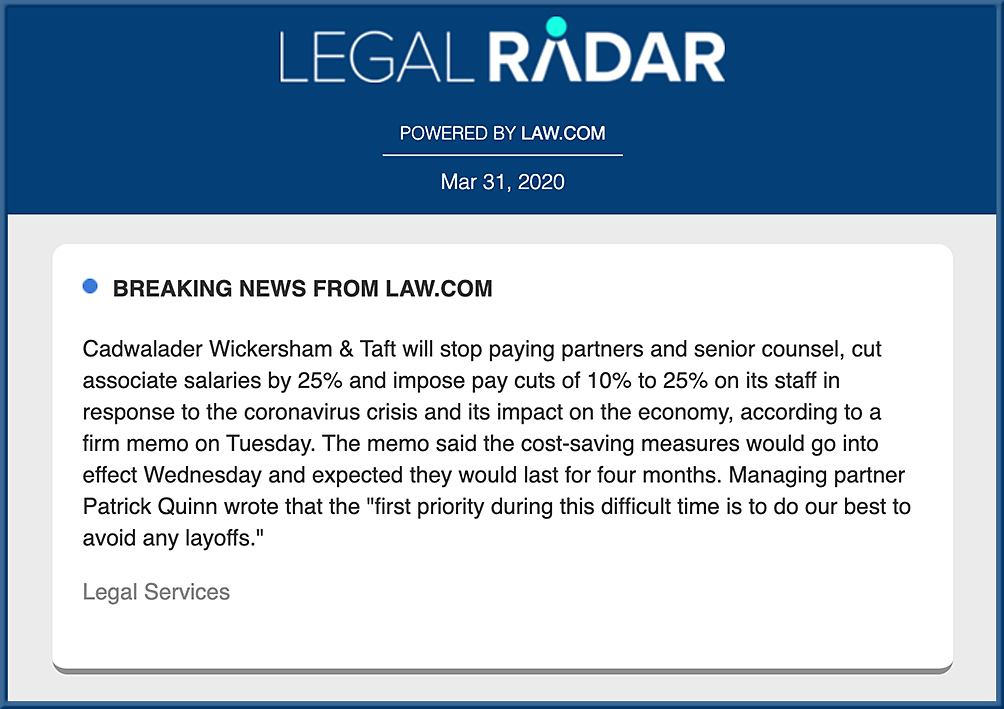
If things blow over in 3 weeks, not much will likely change within the legal realm. But if the impacts from the Coronavirus go on for 6 months or more (like we still have with tighter airport security resulting from what occurred on 9/11/2001), I’d say we’ll see more lawyers strike out on their own and/or join firms that support telelegal. Or, we’ll see fewer people go into law…which is NOT what our society needs given our current Access to Justice (#A2J) crisis involving civil law cases.
Another possibility could be an explosive growth in legaltech / cloud-based apps for providing legal services.
Regardless…this is what a wave looks like when it starts to build. Firms, individual lawyers, and even law schools can ride it or be crushed by it.
Addendum on 4/1 and this is NOT an April Fool’s joke:
Dam breaking on law firm layoffs. Many more to come. Also cuts to partner draws, cancelation of summer programs and other measures underway.
— Kent M. Zimmermann (@kentzimmermann) March 30, 2020










